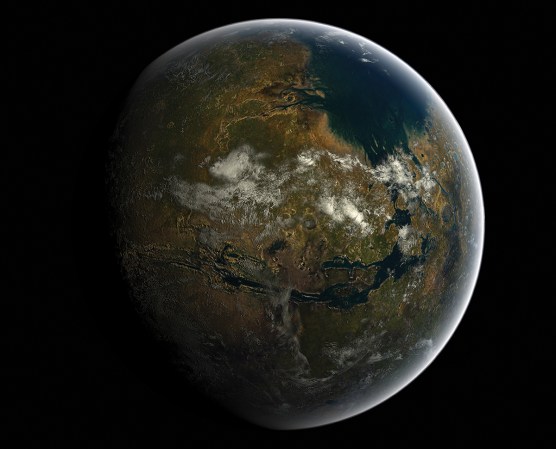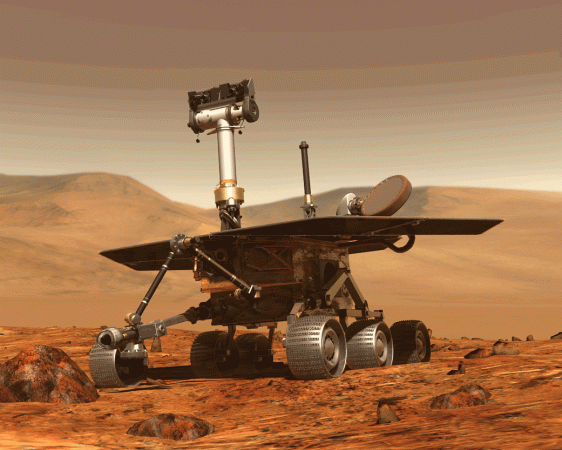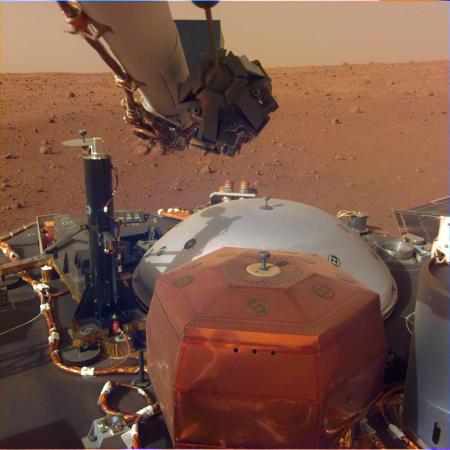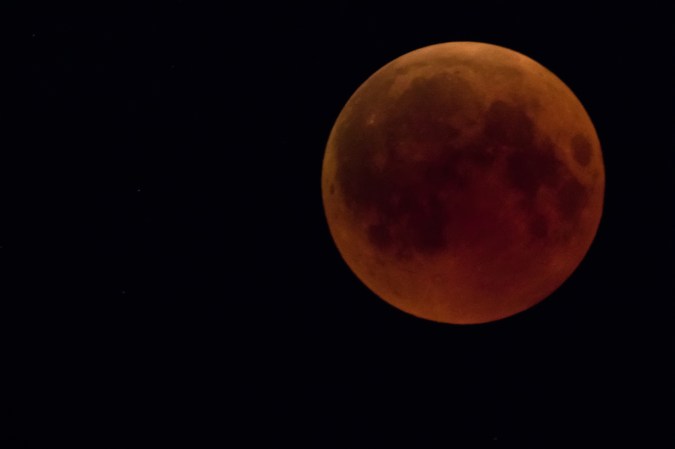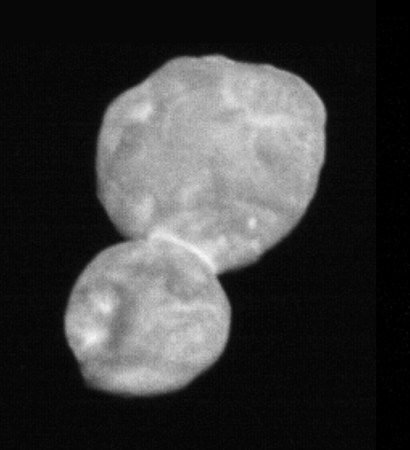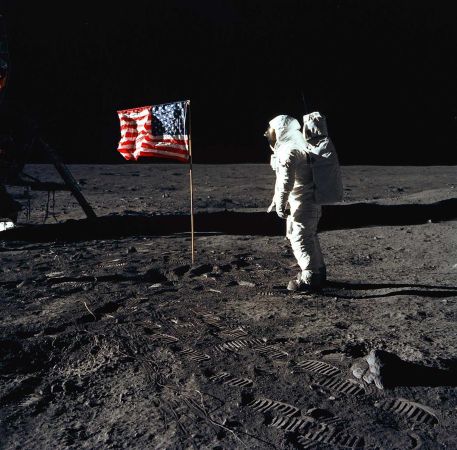

The latest advance in astro-agriculture comes in the form of ketchup made from tomatoes cultivated in Mars-like conditions. Heinz “Marz” ketchup, a limited edition (not for sale) condiment, wasn’t imported from our neighboring planet. Rather, astrobiologists grew tomatoes on Earth in conditions that resemble the harsh environment on Mars. The sauce made from those tomatoes passed Heinz’s quality tests.
Researchers at Florida Institute of Technology’s Aldrin Space Institute planted Heinz tomato seeds in Earth soil that chemically simulates Mars’s regolith, loose rock and dust that covers solid rock. They grew the produce in water and weather conditions that mimic the Martian environment. On average, Mars temperatures hit -81°F, but they may vary between -220°F and 70°F depending on the season and region, though this experiment stuck with a controlled temperature. This experiment shows evidence for long-term food harvesting on the planet as opposed to short-term plant growth. While this milestone means tomatoes could grow on Mars, it also suggests they can grow in other remote, harsh parts of Earth.
[Related: Watering space plants is hard, but NASA has a plan]
Tomatoes thrive in slightly acidic soil, with a pH of 6.2 to 6.8. Martian soil, according to analysis of samples from the Phoenix lander, has a pH of 8.3, which makes it slightly alkaline. However, the soil does contain all the essential nutrients that plants need to grow, such as sodium, magnesium, potassium, and chlorine. In this experiment, the Florida researchers used about 7,800 pounds of soil from the Mojave Desert, which mimics Martian soil in many ways.
This ketchup joins an expanding pantry of food produced in extraterrestrial settings, both imitated and real: Astronauts have grown chile peppers and lettuce on the International Space Station. Now all we need to know is whether French fries will still be delicious on Mars — potatoes, an earlier experiment involving simulated Mars soil suggests, might be cultivated there too.



